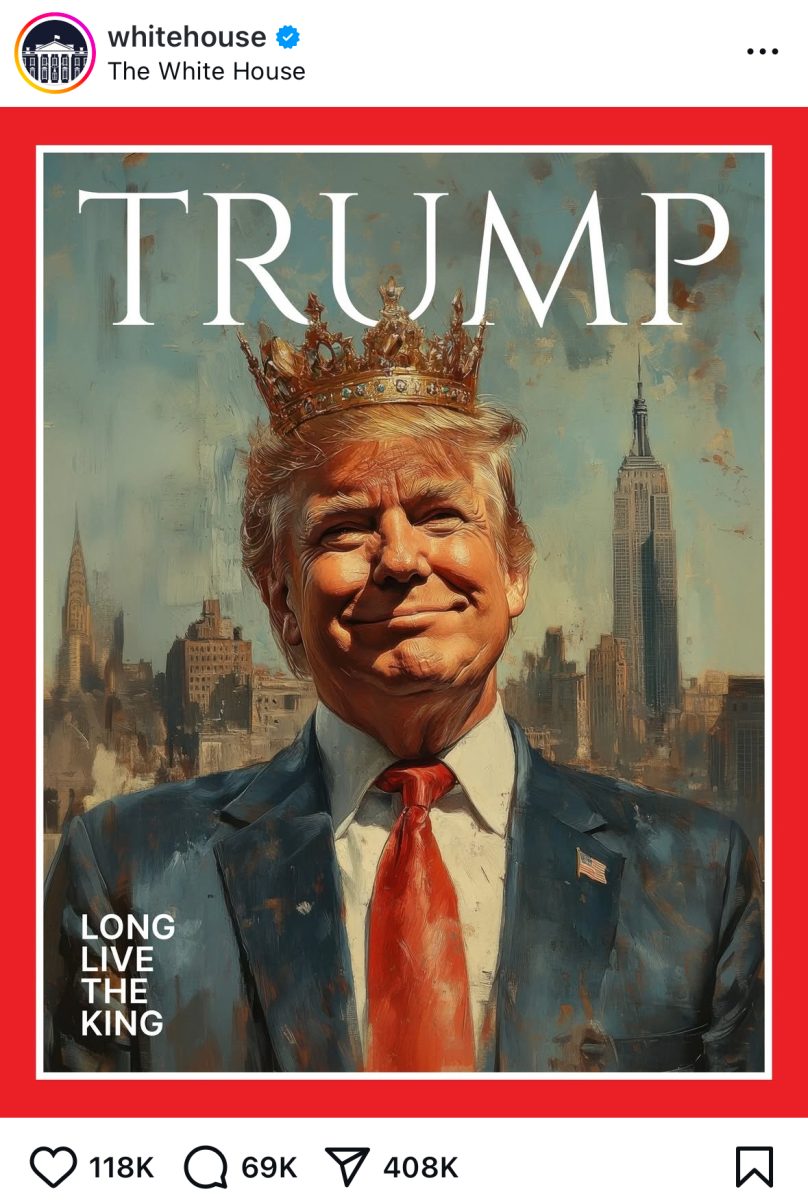After watching the Game of Thrones series finale, I had one emotion echoing through my head: disappointment. Whether you agree or not, the finale season of Game of Thrones was incredibly divisive and left many fans feeling dissatisfied. While some may blame the showrunners, David Benioff and D.B. Weiss, a series finale is no easy task. Many showrunners have been bemused by how to end their tenure. Shows like Dexter and The Sopranos, incredible series in their own right, are among the ranks of shows that failed to execute the perfect landing. Despite the seeming impossibility of closing a show successfully, once in a blue moon a show executes it perfectly. While many laud Breaking Bad, rightfully so, for having one of the greatest finales of all time, I believe another series could deserve that title: Avatar: The Last Airbender.
Avatar: The Last Airbender aired from 2005 to 2008 on Nickelodeon. Although produced by and aired on Nickelodeon, a children’s network, Avatar: The Last Airbender was not afraid to address adult topics. The basic premise of the show follows Aang, the titular Avatar, as he attempts to master all four elements and defeat the Fire Lord. On the surface, that may sound like a ridiculous premise, but the show creators, Bryan Konietzko and Michael Dante DiMartino, ground the world through human drama and beautifully constructed character arcs.
When Aang awakens, he discovers that he is the last of his people as the Fire Nation destroyed the Air Nomads, a nation of monks, in an attempt to kill the Avatar. Despite his immense grief, Aang does not vow to seek vengeance, but instead to restore balance to the world.
In the finale of the show Aang finally faces the Fire Lord, voiced by Mark Hamill, in one of the greatest fight scenes ever put to television. Beautifully rendered animation depicts a 13-year-old boy battling for the fate of the world. Throughout the final season, Aang has been harangued for his hesitation to kill the Fire Lord. Despite the fact that the Fire Nation eradicated his people, Aang still clings to the Air Nomad ideal that all life is sacred. As such, the final fight is filled with tension as the audience does not know if Aang will sacrifice his ideals and act as judge, jury and executioner. Thankfully, Aang is able to defeat the Fire Lord without resorting to lethal force and bring balance to the world. While Aang’s story is the center of the show, the most satisfying character arc does not belong to him.
The most satisfying arc follows Prince Zuko, the son of the Fire Lord. Over the course of the series, Zuko, much like Jamie Lannister, is set on a path of redemption. However, unlike Jaime Lannister, his path is not cyclical. He begins the show a banished prince that has been burned, literally, and rejected by his father. In order to return home, he must find and capture the avatar.
Throughout the first two seasons, Zuko is full of rage and confusion over his role in the world. Having been rejected by his father, Zuko finds comfort and guidance from his Uncle Iroh. Iroh, voiced by the late Mako Iwamatsu, serves as father figure to the despondent Zuko. Iroh forces Zuko to look inward and ask himself if his current path, “is [his] own destiny or one that [his] been chosen for [him].” Eventually, Zuko realizes he not beholden to the life his father has set out for him, and he chooses to create his own. In the finale, Zuko, now aiding Aang, is able to depose his sister and take the Fire Nation throne.
I know many may have qualms about the artistic merit of a cartoon designed for children, but Avatar: The Last Airbender is much more than that. It is a tale of loss and how to move on from it. It shows the viewer that despite the lot they may have been given in life they have the power to choose their own destiny. While I may be blinded by the rose-colored glasses of my youth, I believe in the power of that message.
















